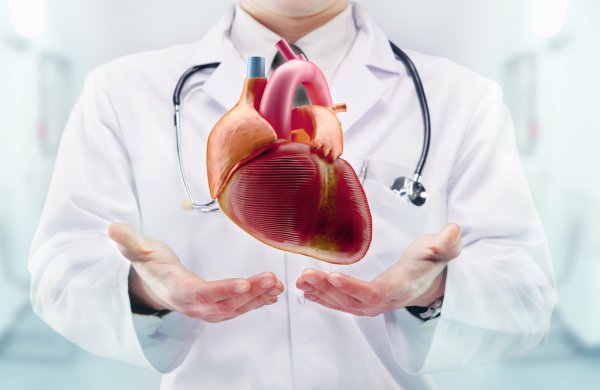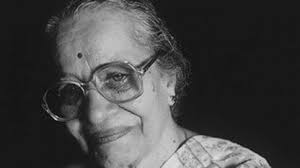Busting Common Myths About Your Heart Health

The burden of cardiovascular disease (CVD) in India is one of the highest in the world and our ‘work from home’ lifestye has augmented the problem. In India, annual fatalities from CVD and heart-related disorders are expected to increase from 2.26 million in 1990 to 4.77 million in 2020.
In rural India, coronary heart disease prevalence rates have fluctuated from 1.6 percent to 7.4 percent in rural populations and from 1 percent to 13.2 percent in urban populations over the last several decades, because of the relative lack of physical workouts in the urban areas.
There is a large number of misconceptions regarding heart disease. Below are the commonly held but mistaken beliefs.
Table of Contents
You will get heart disease if it runs in your family.
While genetics has a part, many people get heart disease due to their unhealthy lifestyle choices. This includes unhealthy nutrition or lack of essential nutrients and vitamins, poor lifestyle choices such as drinking and smoking, stress, and insufficient physical activity.
Fat is not suitable for your heart.
Many people feel that avoiding fats is the most straightforward approach to preventing heart disease. This is not the case. Not all fats are harmful to your health. Partially hydrogenated oils are artificially produced and should be avoided at all costs.
They’re most commonly present in processed that tout themselves as “healthier” alternatives. Choose foods high in natural fats, such as cheese, eggs, and avocados.
Men are more susceptible to heart attacks.
Women and men are prone to heart disease. On the other hand, men are more likely to have cardiovascular problems earlier in life, whereas women develop issues after 55. Stress, a lack of physical activity, lifestyle, belly fat, and testosterone levels are all variables that contribute to this.
Some superfoods prevent heart attacks.
No food does the magic of preventing heart attack. While the likes of blueberries, walnuts, pomegranates, and salmon are good for your heart, they won’t save you from getting heart disease.
Mediterranean diets have been proven to significantly reduce the risk of heart disease by including legumes, vegetables, fish, whole grains, fruit, and monounsaturated fats like olive oil.
I am not obese, so I don’t need to watch what I eat.
Sedentary behavior is not recommended for people with cardiac problems. This is due to the possibility of blood clots forming in their legs. Which could have severe consequences for their overall health. Physical activity and movement help to enhance blood flow and strengthen the heart.
However, before beginning any exercise program, one should speak with their doctor to determine which exercises are appropriate for them and their condition.
Drinking alcohol keeps my heart healthy.
Alcohol use has a variety of implications for heart health. The good news is that drinking in moderation, defined as no more than 1-2 beverages a day for men. And a single drink per day for women, lowers your risk of heart attack by roughly 25%. On the other hand, alcohol can raise your blood pressure, leading to issues like stroke and heart failure.
Chest pain indicates a heart attack.
One of the significant and most evident indicators of a heart attack is chest pain, but it is not the only one. Furthermore, chest pain does not always signify a heart attack because many other health problems can cause it.
Fatigue, breathlessness, discomfort in the arms, jaw, neck, and lightheadedness are signs of a heart attack. People frequently dismiss these signs, believing they only need to see a doctor if they have angina or chest discomfort, resulting in treatment delays.
There is no relationship between leg pain and your heart.
Leg pain is frequently associated with a variety of orthopedic diseases. It’s important to note, though, that leg pain isn’t always a sign of a joint condition; it could also be related to your heart.
Leg discomfort is a common symptom of peripheral artery disease, defined by a significant blockage of the arteries in the lower extremities due to plaque development. People who have the syndrome are more likely to have a stroke or a heart attack.
Conclusion
All the above myths do not work but are strong belived by the people. Suppose you have any signs that indicate a threat to your heart health. it’s advisable to get advice from a professional.
One of the best heart hospitals in India, Max Healthcare has some of the best specialists around India; they can significantly help you with both advice and treatment if necessary.




